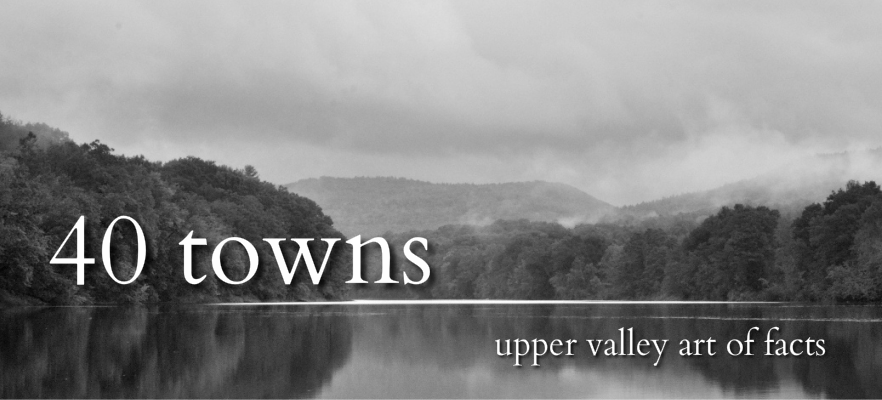Literary journalism isn't just you-are-there scenes and dialogue, cinéma vérité in print. The genre ranges widely between narrative and criticism. Susan Faludi, a Pulitzer-Prize winning investigative journalist who became famous for her 1991 book on anti-feminism, Backlash, is one of the best of the narrative critics, a fact sometimes overlooked because Backlash was closer to traditional muckraking. The book that followed, Stiffed: The Betrayal of the American Man, veered toward narrative, to the point that Faludi's arguments--central to her work, which is polemical in the best sense--were sometime lost. In 2007, she published The Terror Dream: Fear and Fantasy in Post-9/11 America, a work of criticism that drew heavily on her instincts as a narrative writer.
The same might be said of her latest essay, "Facebook Feminism, Like it Or Not," published in The Baffler. The bulk of the essay is a historical analysis of the way capitalism can co-opt feminism and women's rights movements; it's bookended by two set pieces, the first of which -- an account of a rally led by Facebook COO Sheryl Sandberg, is a strong entry in the long tradition of skeptical reports from religious revivals. Like Mencken in Dayton in 1925, without the snark, like Sarah Comstock marveling over the theatrical power of Aimee Semple Mcpherson in 1927, Faludi gives us the power of Sandberg's presentation even as she reveals what she'll argue is the con. It's bait-and-switch as literary technique, well worth studying.
--Jeff Sharlet
The same might be said of her latest essay, "Facebook Feminism, Like it Or Not," published in The Baffler. The bulk of the essay is a historical analysis of the way capitalism can co-opt feminism and women's rights movements; it's bookended by two set pieces, the first of which -- an account of a rally led by Facebook COO Sheryl Sandberg, is a strong entry in the long tradition of skeptical reports from religious revivals. Like Mencken in Dayton in 1925, without the snark, like Sarah Comstock marveling over the theatrical power of Aimee Semple Mcpherson in 1927, Faludi gives us the power of Sandberg's presentation even as she reveals what she'll argue is the con. It's bait-and-switch as literary technique, well worth studying.
--Jeff Sharlet

 RSS Feed
RSS Feed